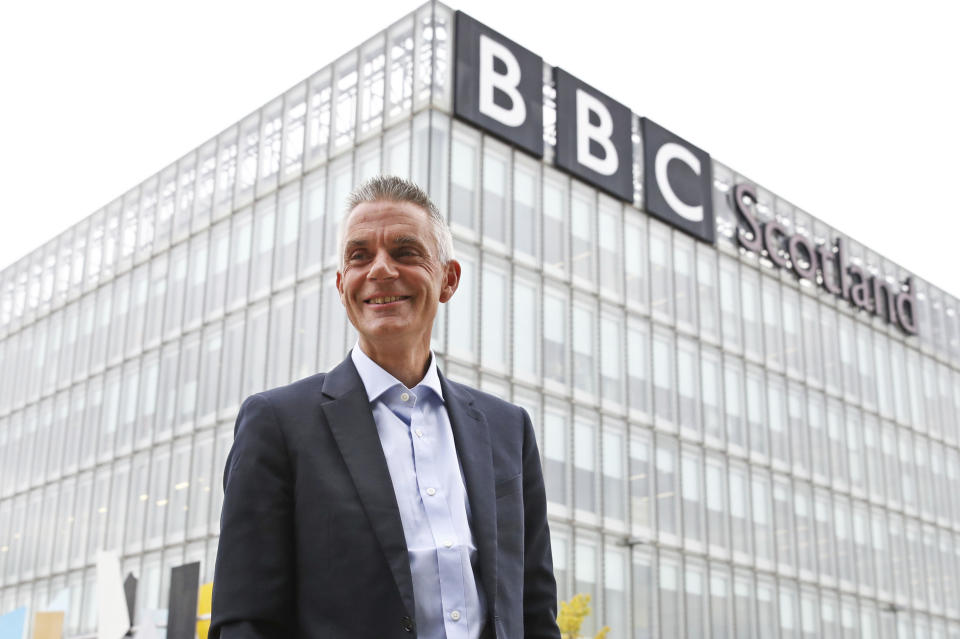BBC set to force 'moonlighting' stars to register extra earnings as part of impartiality crackdown

The BBC is reportedly set to clamp down on its stars earning extra cash through speaking engagements and attendance at events, as well as addressing the way they use social media, in a bid to combat allegations of impartiality.
Director-general Tim Davie is set to publish a quarterly record of outside engagements taken on by newsreaders and other BBC figures, according to a report in The Times.
It will come alongside a reported crackdown on the use of social media by key BBC presenters and a raft of new guidelines on how they use it.
The move comes amid a pledge by Davie to address alleged impartiality and bias at the BBC and reportedly to discourage stars from ‘moonlighting’ for large corporations.
Watch: Tim Davie: BBC could suspend presenters’ Twitter accounts
It comes after it emerged that BBC Breakfast presenter Naga Munchetty - who earns up to £195,000 - was paid to shoot a series of business interviews with Natwest just a month after she was reportedly warned about appearing in a corporate video for Aston Martin.
Jon Sopel has also come under fire for undergoing pair corporate work while Huw Edwards was also named in reports as someone who has received payments from large corporations for extra work.
The BBC is also reportedly introducing new guidelines on how its presenters and newsreaders use Twitter, with Davie previously issuing a warning on the issue and suggesting the organisation could suspend stars’ accounts.
In a speech at the BBC’s Cardiff office in September, he said: “If you want to be an opinionated columnist or a partisan campaigner on social media then that is a valid choice, but you should not be working at the BBC.”
In a statement, the BBC said: “We will set out our plans on impartiality in due course.”
Watch: What is the Job Support Scheme and how has it changed?


